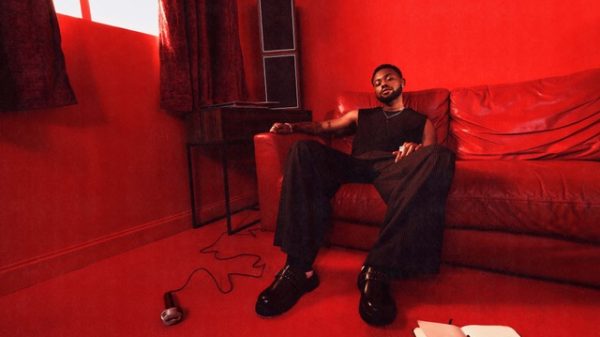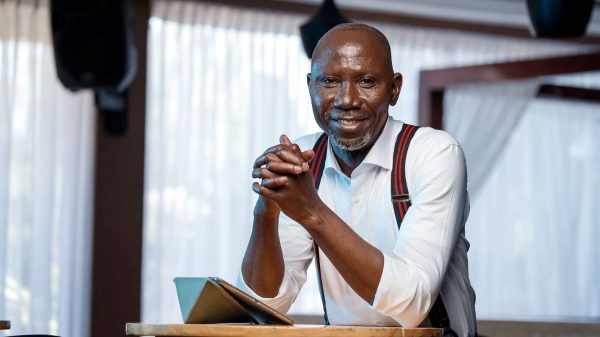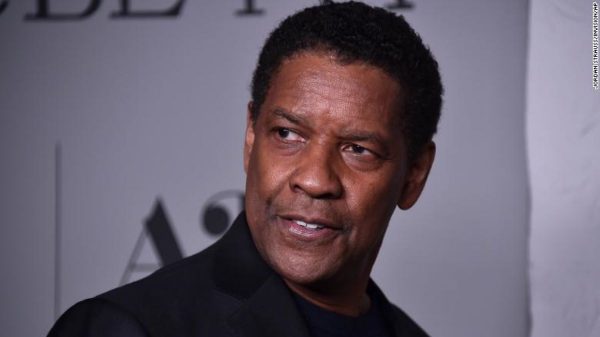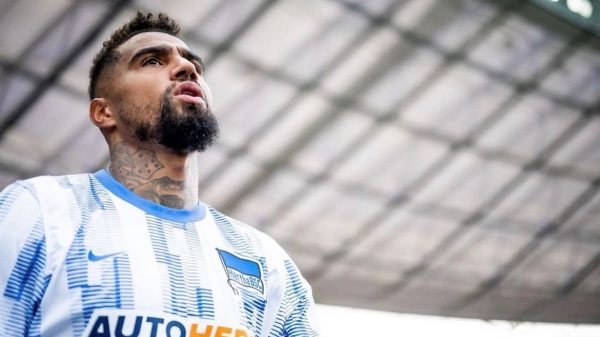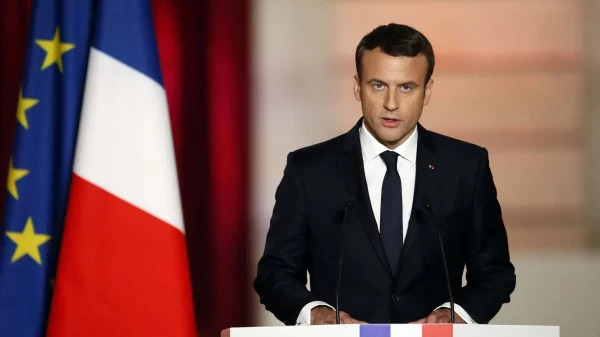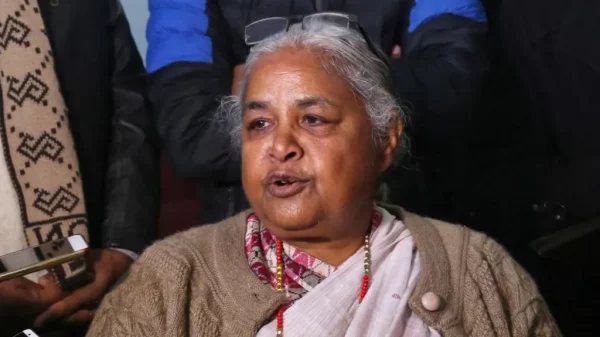Juventus chief Andrea Agnelli has revealed he is determined to see through the proposed changes UEFA are looking to implement in regards to the format of the Champions League. The changes would affect both Manchester City and Manchester United going forward.
UEFA have been working closely with the European Club Association (ECA) on a proposal to redesign the prestigious European tournament from 2024.
The plan is to replace the current format with a new promotion and relegation format – similar to the UEFA Nations League – but as a result of the changes, the Champions League could end up becoming a closed competition.
But despite the negative impact the move could have on clubs around Europe, Agnelli, who also revealed that an extensive consultation process is currently underway to find the final solution, is keen to see the changes implemented.
He said: “In this environment it is evident that the next phase is how are these global brands going to behave on a global stage.
“The further growth of those 12-15 clubs does not necessarily come from broadcasting but when we talk about stadium, sponsorship, licensing.
“We will now have to tackle a shift in consumer behaviour. We’re looking at generation Z, the new digital natives who are turning into adulthood.
“We have to look at what is the behaviour of generation Z. We should seriously start to think that the competitors of other games are not clubs next door but League of Legends, esports, Fortnite. I think those are going to be the ones who are going to be our competitors going forward.
“Some countries falling into irrelevance and a residual space. It is fair to say and assume that in the quarter-finals of the two competitions you have six to seven of eight clubs that come from the big five leagues. That is mainly thanks to the economic advantage they have.
“We started thinking, some months ago, about what is it that we want within the ECA. What are the principles we want to go by? When I say we we mean representatives from Poland, Greece, Finland, Portugal and also representatives from the big leagues.
“What we felt was important for us is if we want to create a platform that allows for all clubs to succeed on and off the pitch more European football is good for the game. Possibly the introduction of a relegation system to deliver sporting dynamism across Europe.
“If we think about the group stage of the Champions League all of us can guess 15 out of 16 who will qualify for the last 16. The first two teams in each group of the Champions League are probably written. We want to find more relevant games.
“Much has been said about wanting to kill domestic leagues. No. We want to maintain symbiosis with the leagues. We absolutely agree that champions should have access to international competitions.
“That is why to us – European clubs as a whole – the word stability is very important. It is not to have this element of continuous risk to accessing the sports results and revenue we want.
“It is curious that the game with the highest economic value in the industry is the Play-Off here in England… When we talk about stability it’s about finding a way for any club to progress through the system in a planned way without running too many risks.
“We want a progressive and forward-looking system, not a reactionary and preserving suboptimal status quo. We had a proposal that was presented by UEFA in the spring, it evidently delivered a lot of talks throughout. This whole system is about creating a stable system for European clubs to participate.
“The Helsinkis, Olympiacos’, Celtics. They really have no path in which to grow.
“What is important is this is never, never going to be a closed league. We recognise the value of keeping the open system.
“In a united way… we are the leaders of an industry which is very important, it has social impacts, we are not in politics. We do not have a government and opposition. We are all on the same side, we want to make sure the game continues to develop.
“Preserving a system that isn’t there” (warns of risk that domestic games will decline in relevance).
“We must stand united in the interests of European football.”
Before the Juve chief added: “It’s us clubs. Individual clubs coming from wherever tend to think about what is the best interest I have in the very short term, what happens to me in the next game.
“If I take a mid-table team from a big five league, they are the ones that the top teams in the medium leagues want to compete with. But they haven’t got the same means.
“That is the element where we have to find a common denominator that fits all.
“We are undergoing an extensive consultation process in order to understand what needs to change for the final solution.
“What’s important is that we do find, as stakeholders of the industry, an understanding of what is it that we need to all develop in this growing industry.
“People that oppose, when they justify with rational arguments, they are more than welcome. What’s healthy is if people brought a positive contribution. No, no, no as an answer – which we practically only heard from the big leagues – is not really healthy.
“Whatever changes are brought I don’t think they’ll change the participation much for Real Madrid, Bayern Munich and PSG.
“What’s important is creating a system where a team like Leicester – if they do qualify – they can remain in the system. In a case like Leicester it’s of super relevance.
“How can we revitalize a massive brand like Red Star Belgrade? That is a question I’d like the stakeholders to answer. Is it fair or not fair that a club is written off just because of where it is?
“The date [for a change] is 24/25, simply because that’s when the international match calendar expires… The real deadline is going to market, Autumn 22.
“By then we will have to know what the competitions will look like.”



